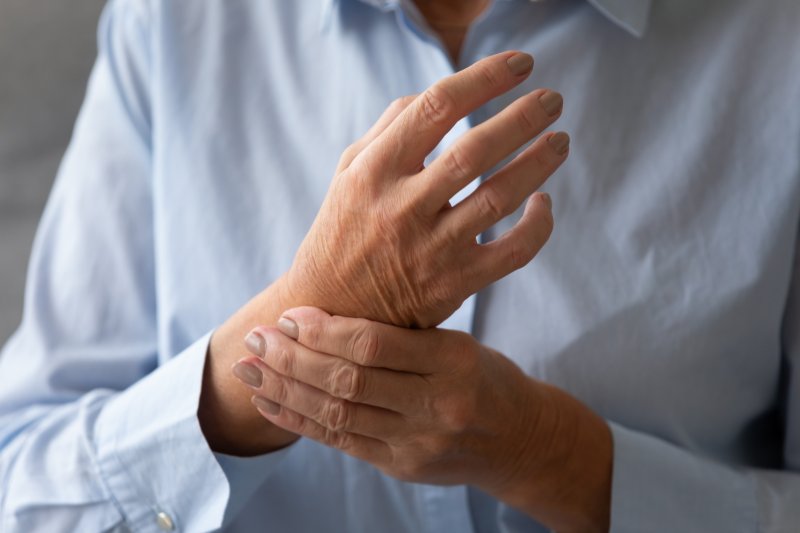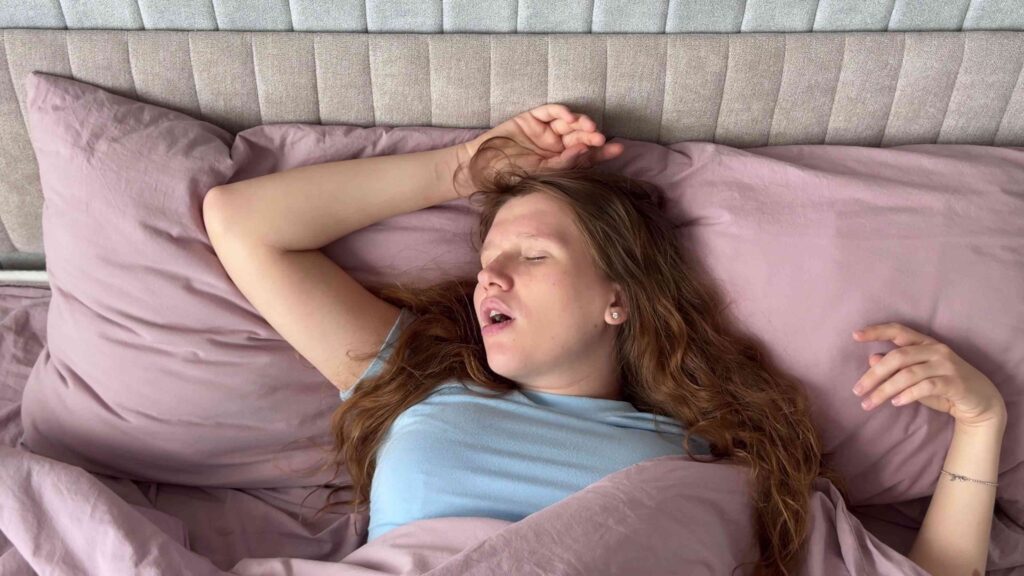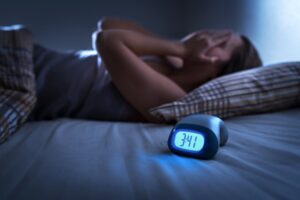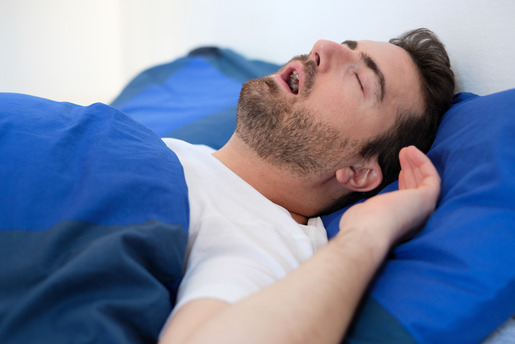
For those who have it, rheumatoid arthritis (RA) is bad enough on its own. The condition involves stiff and tender joints, fatigue, fevers, and more. Even so, its dangers don’t end with its direct symptoms; there’s a link between rheumatoid arthritis and sleep apnea. A bad case of RA could make your nights quite restless, further reducing your quality of life. To learn more, read over this summary of the matter from your Las Vegas sleep dentist.
(more…)







 Obstructive sleep apnea can prevent you from getting a good night’s rest. Over time, your general wellness and mental health can decline without any treatment. A CPAP or an oral appliance can help you breathe better, but new research has found that exercising is also beneficial. Here’s how a regular exercise routine can reduce your
Obstructive sleep apnea can prevent you from getting a good night’s rest. Over time, your general wellness and mental health can decline without any treatment. A CPAP or an oral appliance can help you breathe better, but new research has found that exercising is also beneficial. Here’s how a regular exercise routine can reduce your 